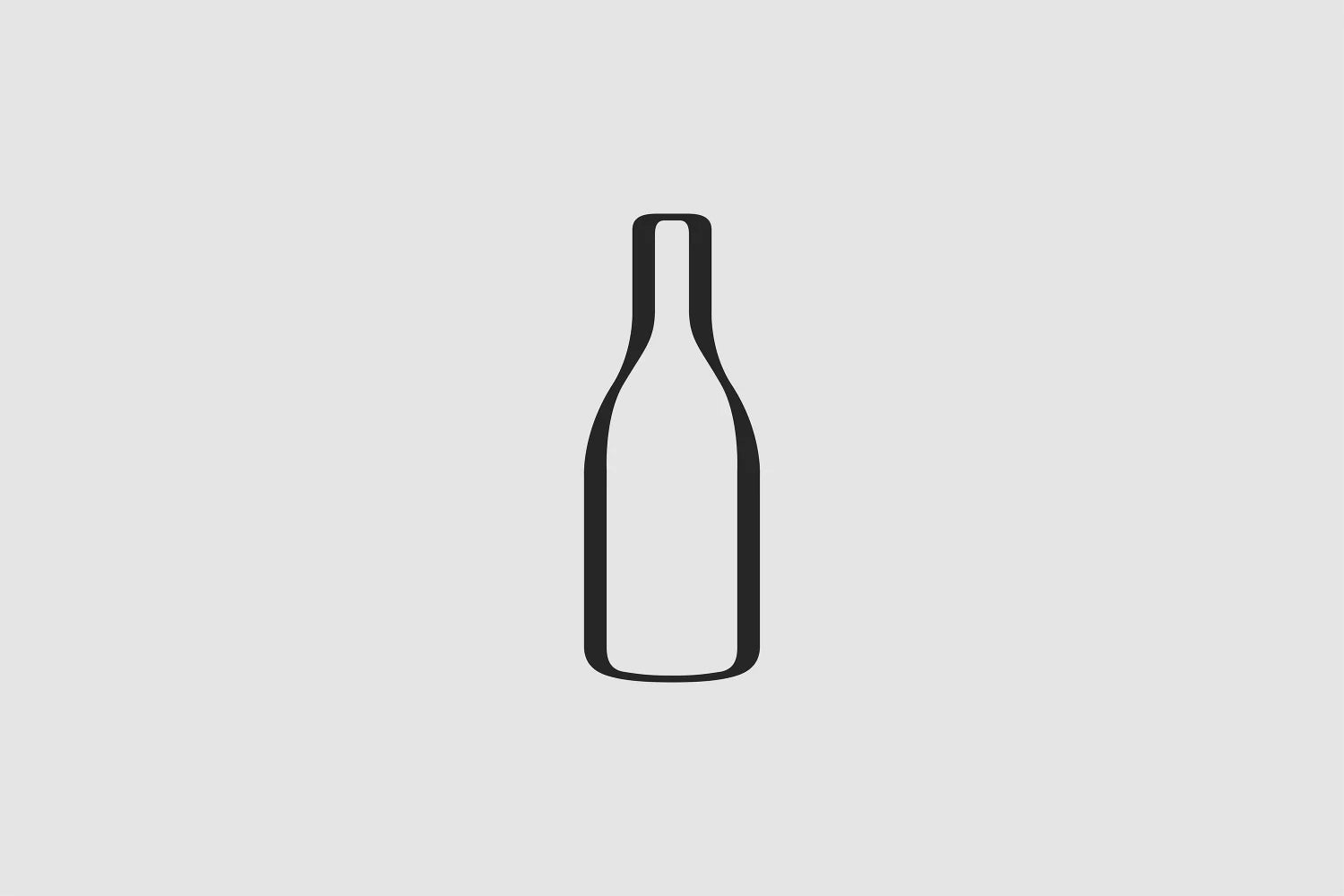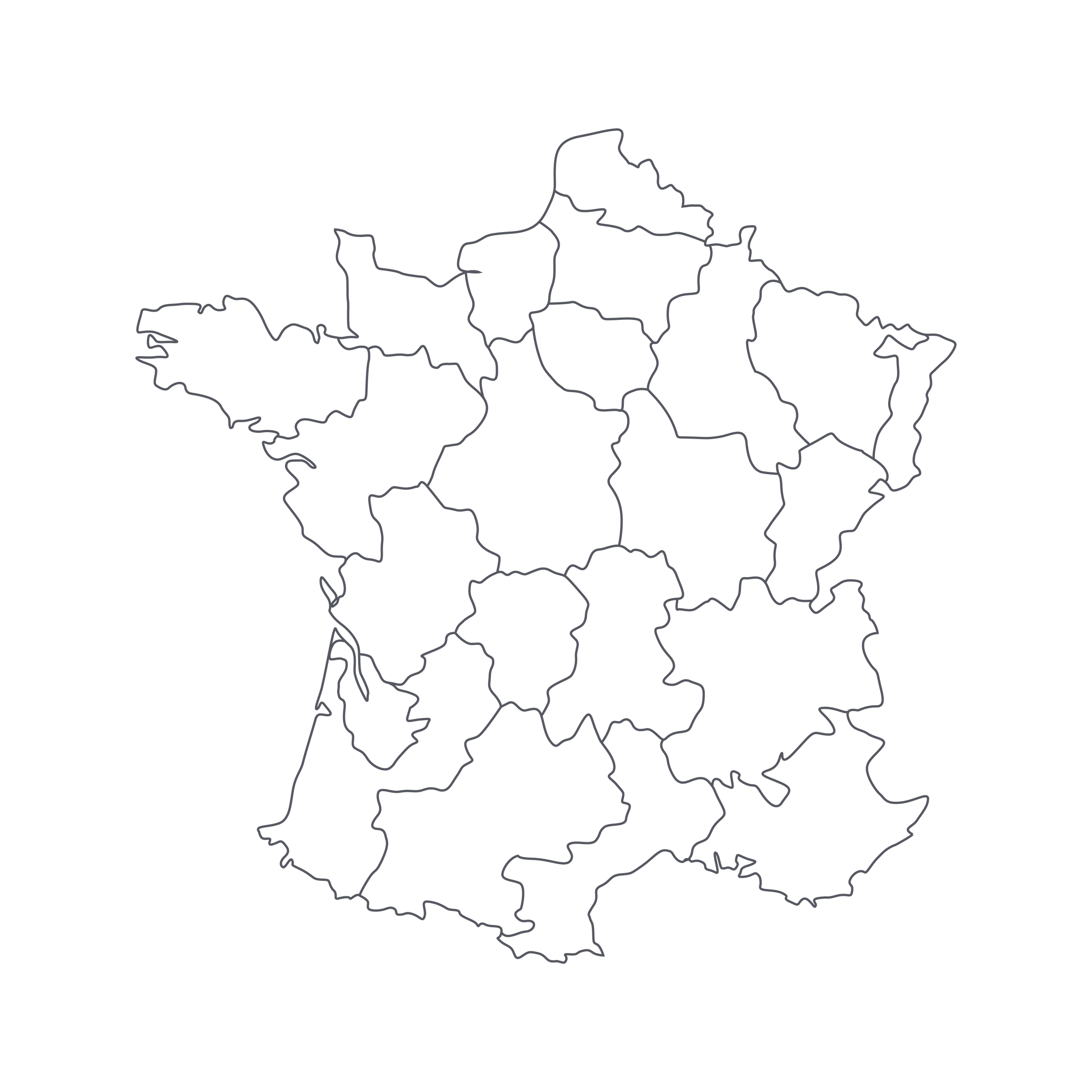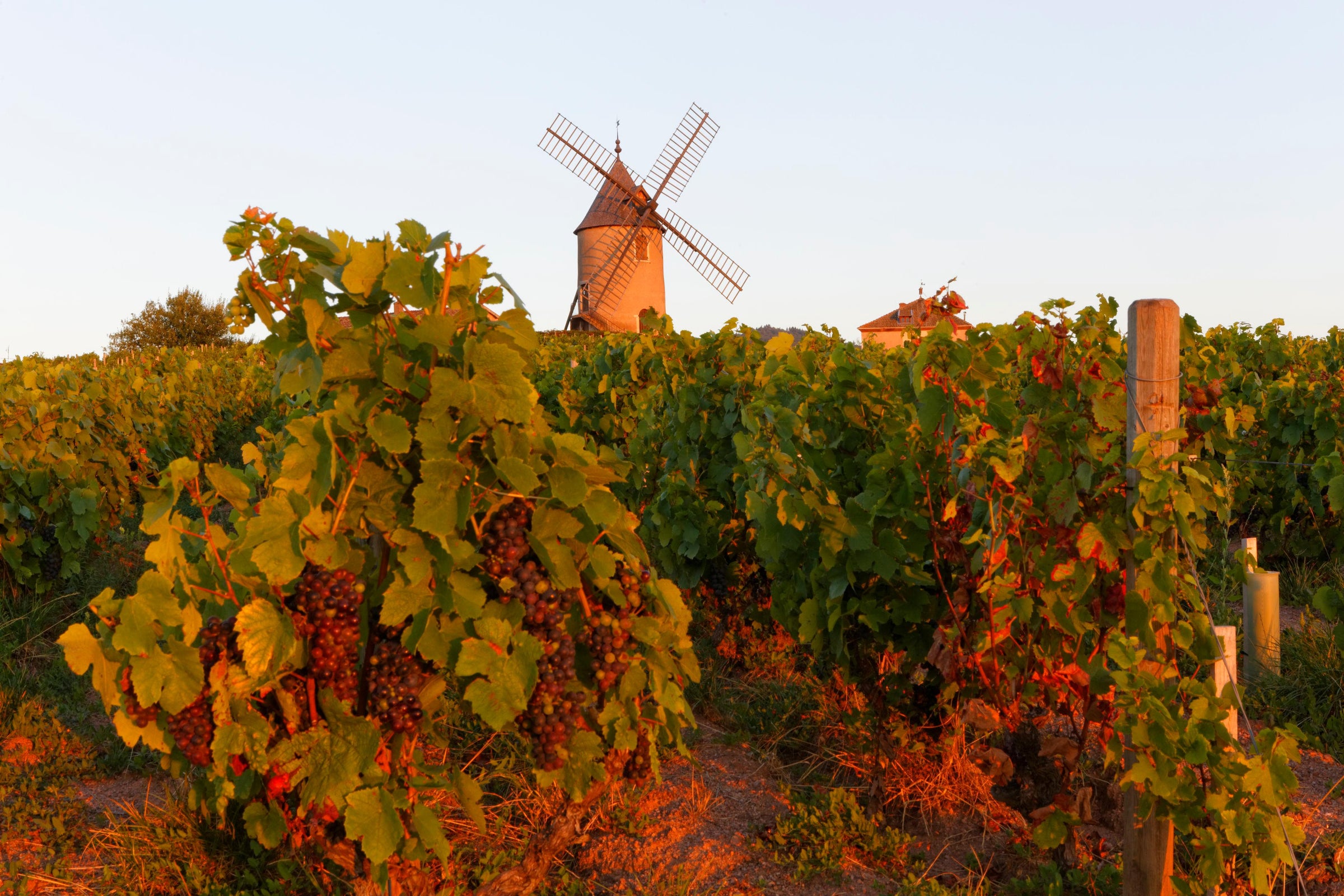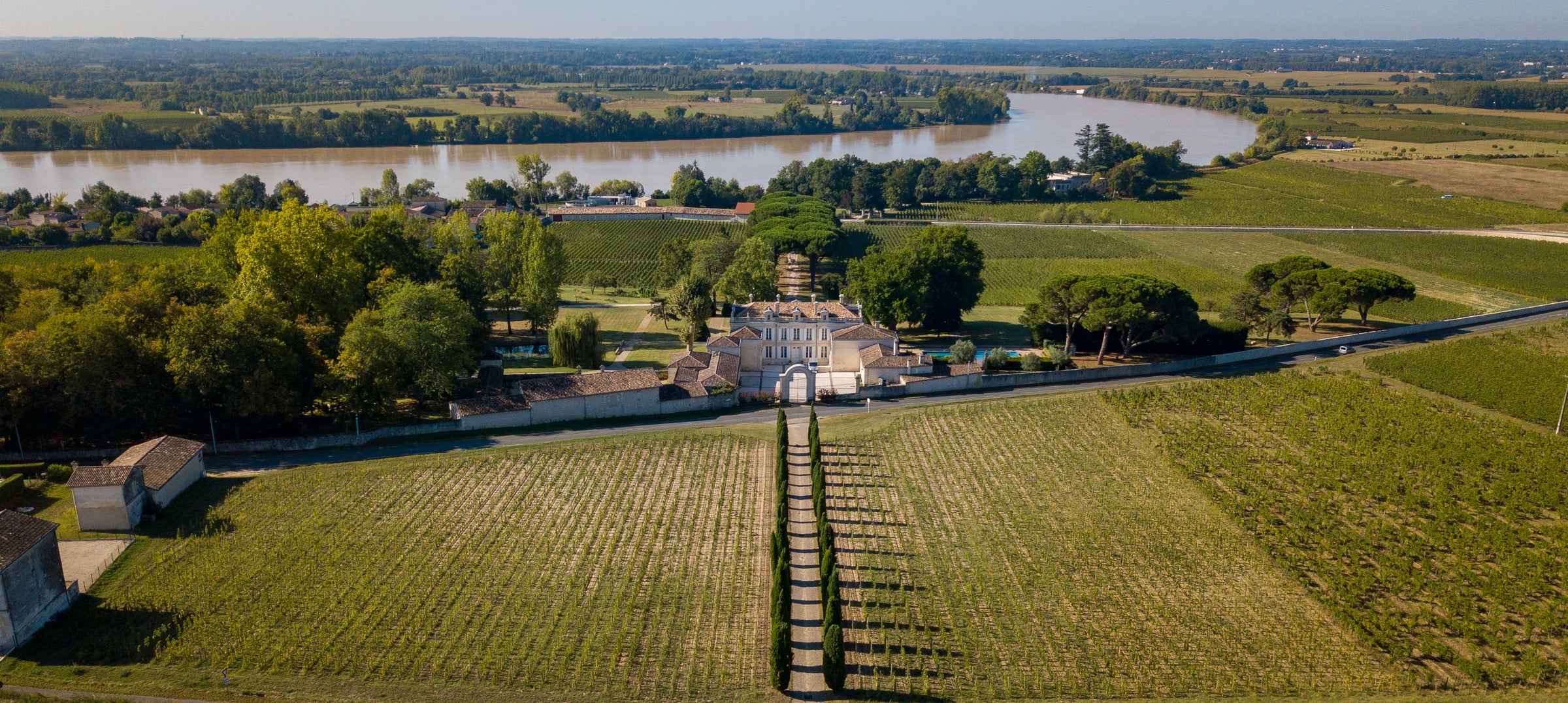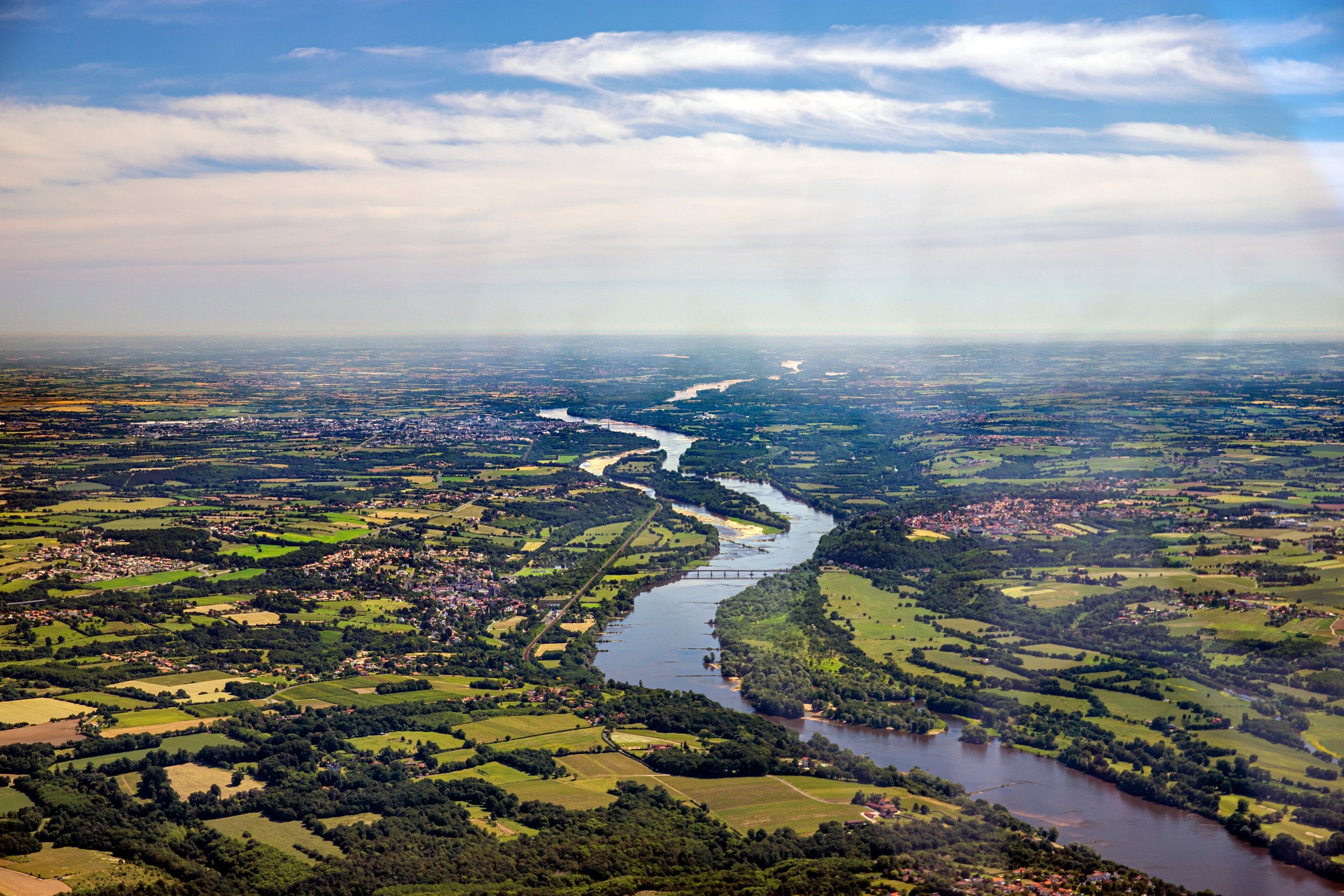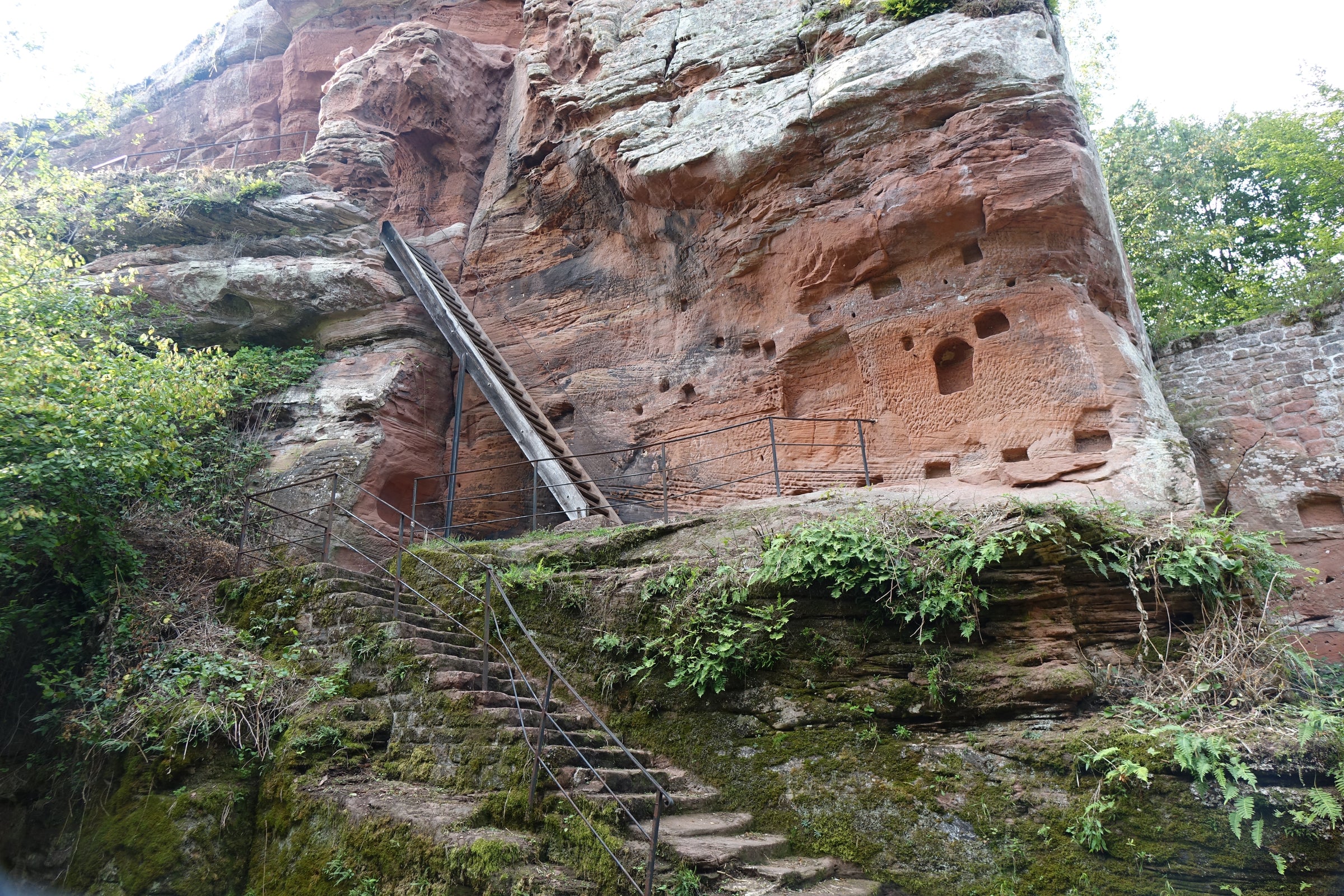Julien Sunier’s organic, gorgeously perfumed wines always deliver superb levels of energy few artisan vignerons can match—and the world has taken notice. With just six hectares of vines, a modestly sized village could knock out Julien Sunier’s annual production in no time, so just imagine how quickly the wine disappears when it crosses international borders. To add to this sense of urgency, “Wild Soul” is Julien’s most affordable label despite only producing around 150 cases—seriously, that’s it!
Sourced from in and around the Beaujolais Cru of Régnié, it’s near-impossible to find a Burgundy that shows such vivid character and singularity as this. Just give today’s 2017 “Wild Soul” a quick decant, a cool temperature, and some good company and we guarantee it’ll steal your breath and promptly make you open a second bottle. It’s that good. As this was a now-or-never offer, it’s also that limited. Restaurants and wine bars are champing at the bit over this addicting, vibrantly crunchy, one-with-nature Beaujolais...good thing we got our small share first! Twelve per person today—go wild!
Sunier is one of a new wave of producers who’ve helped raise the profile of Beaujolais as a stronghold of natural farming and winemaking. Following in the footsteps of local legends like Lapierre and Foillard, Sunier would also be considered a disciple of the legendary Jules Chauvet, who was preaching the natural wine gospel in Beaujolais as far back as the 1950s. Yet while he hails from Burgundy (Dijon), Sunier wasn’t from a wine family; his mother was a hairdresser who counted vigneron Christophe Roumier as a client. In his twenties, Sunier followed the itinerant “cellar rat” path, interning in California and New Zealand before landing back in Burgundy, where he worked with the likes of Nicolas Potel and Jean-Claude Rateau. He then worked for the large négociant firm Mommessin, where, among other things, he became intimately acquainted with the terroir of Beaujolais and its Gamay grape.
Throughout all of Julien’s vineyard sites, each vine is chemically-untouched and tended to by hand—he’s adamant about farming organically with biodynamic principles. For his “Wild Soul” label, grapes are organically sourced from a local farmer/friend, but he vinifies the wine just as he would his Cru Beaujolais, i.e. naturally. At Julien’s winery in Avenas, the Gamay grapes underwent a cold carbonic vinification with wild, airborne yeasts. When it came time for pressing with an old-fashioned wooden press, the juice was transferred via gravity. It was then gently transferred—again, via gravity—into a combination of wide concrete vats and a large oval tank. After aging for 10 months on its fine lees, the wine was bottled unfined, unfiltered, and with a trace amount of sulfur.
In 2017, Julien purposely retained a touch of CO2, which gives the wine more buoyancy, aromatic lift, and, above all, freshness. Still, I advise decanting the wine for a brief 15 minutes before serving in large Burgundy stems so that ‘prickle’ blows off. Burgundy may have its pretensions, but “Wild Soul” does not. It’s a carefree yet intelligent wine that bursts with unrestrained mineral energy and zest. Stick your nose into the glass and prepare yourself for an explosion of unadulterated Gamay birthed from Beaujolais’ classic soils: crushed granite, forest floor, rose petal, and wet stones spring to the fore, followed by raspberries, wild strawberries, sweet cherries, and red currant. On the medium-bodied palate, all these vibrant, sappy fruits merge with crushed-rock minerality on a savory, slightly prickly finish that is highlighted by superb freshness. Though you can drink this beautiful wine over the next several years, I recommend consuming it within the first couple hours of opening in order to experience it at peak levels. I can hardly think of a better time than enjoying a few “Wild Souls” with old friends. Just find a sunny back patio and whip up the following charcuterie board—it’s a good time waiting to happen!
